It is the 28th National Cancer Prevention and Treatment Publicity Week, based on the theme of this year’s publicity week “Cancer Prevention and Treatment, Early Action”, in order to implement the decision and deployment of the National Health Commission on cancer prevention and treatment, promote the implementation of the special action of cancer prevention and treatment in healthy China, raise the awareness of cancer prevention and control in the whole society, and create a good atmosphere of cancer prevention and anti-cancer for all people. At the same time, LAMH also adheres to the original intention of promoting “making cancer screening more accurate, earlier and easier”, and held an online live event “Liver Cancer Prevention and Control, Enjoy Health” on April 21, 2022.
According to the data from the National Cancer Center, the annual number of liver cancer deaths in China ranks second among malignant tumors. About half of the new cases of liver cancer in the world occur in China every year, and the 5-year survival rate is only 14.1%. There are 400 million chronic liver disease patients in China, including 100 million chronic hepatitis B and C patients, all of whom are at high risk of liver cancer, and there are family aggregation characteristics of hepatitis B and C disease.

LAMH as the organizer invited Professor Miao Xiongying from Xiangya Second Hospital of Central South University, Professor Li Qinglong from Xiangya Second Hospital of Central South University, Professor Luo Hongwu from Xiangya Third Hospital of Central South University as the chairman of the conference; Professor Jiang Longfeng from Jiangsu Provincial People’s Hospital and Professor Xu Zhigao from Wuhan University Institute of Hepatobiliary Diseases as the guest speakers to share the prevention of primary liver cancer and liquid biopsy methylation technology Prof. Jiang Longfeng from Jiangsu Provincial People’s Hospital and Prof. Xu Zhigao from Wuhan University Institute of Hepatobiliary Diseases were invited as speakers to share the frontier progress of primary liver cancer prevention and liquid biopsy methylation technology applied to liver cancer detection.
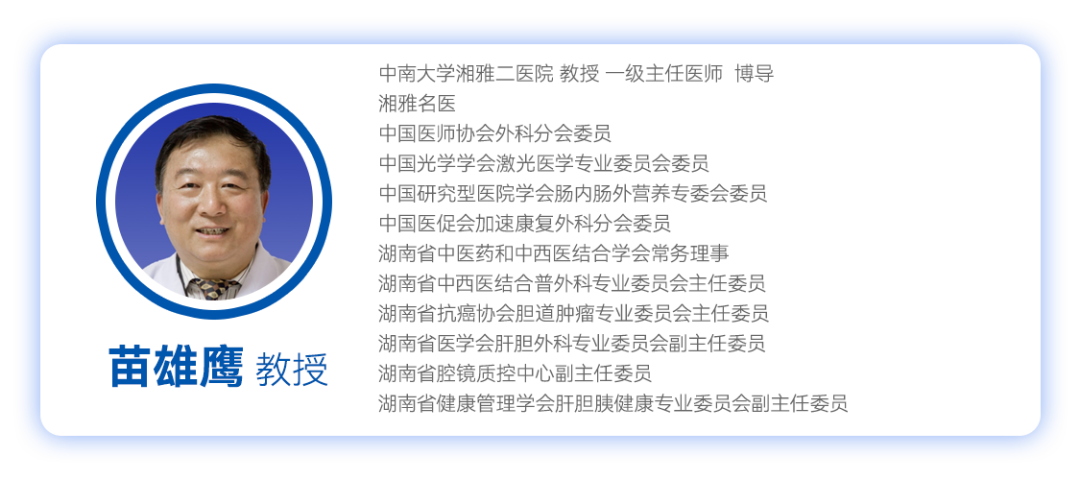
Professor Miao Xiongying from Xiangya Second Hospital of Central South University, as the chairman of the conference, gave a warm welcome to all the experts in his speech and pointed out that liver cancer occupies the fourth place among all tumors and brings a heavy economic burden to many patients; 80% of liver cancer patients have a history of hepatitis B or C. According to the “Health China 2030” issued by the State Council According to the “Outline of Health China 2030” plan issued by the State Council, early screening and diagnosis of cancer will be the key work of cancer prevention. Everyone should correctly understand cancer, actively prevent and control cancer, establish the concept of tertiary cancer prevention, practice a healthy and civilized lifestyle, and actively participate in cancer prevention health checkups to achieve early prevention, early detection, early diagnosis and early treatment. For major chronic diseases such as cancer, early means opportunity and life.
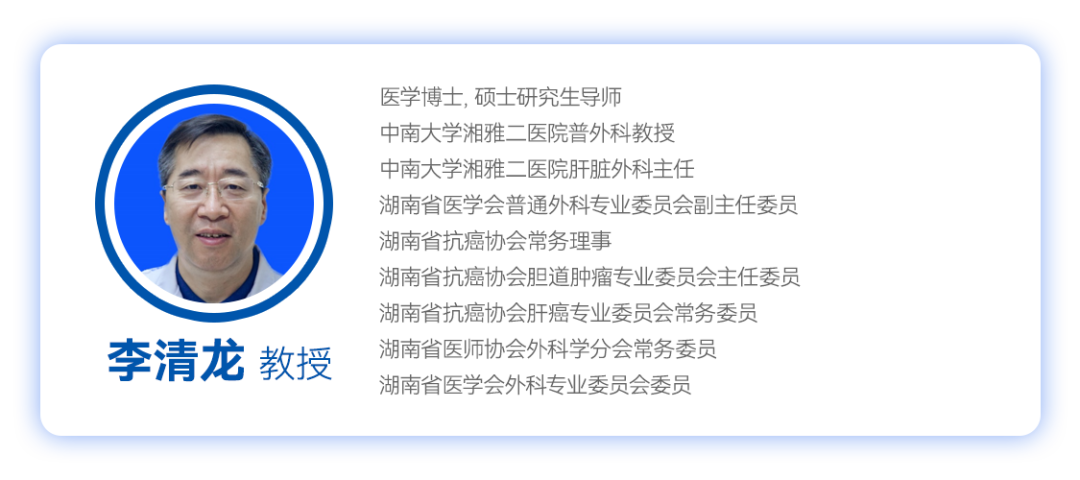
Professor Li Qinglong from Second Xiangya Hospital of Central South University said, ” One important reason why the mortality rate of liver cancer in China has not been reduced is that a large number of people at high risk of liver cancer lack the awareness of early screening and early diagnosis of liver cancer and do not enter into clinical surveillance and preventive management. With the advancement of modern technology, innovative techniques including liquid biopsy provide new ideas for early screening and early diagnosis of liver cancer, which helps to improve the early liver cancer detection rate and increase the five-year survival rate.”
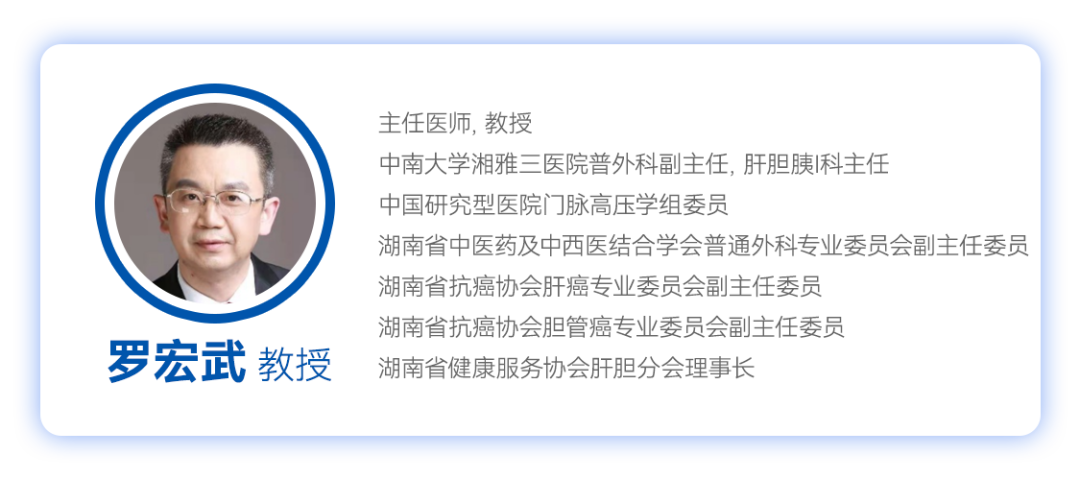
According to Prof. Luo Hongwu of the Third Xiangya Hospital of Central South University, “In recent years, liquid biopsy, as an emerging technology for early cancer screening, has seen rapid development, and cancer screening and early diagnosis and treatment have been recognized as the most effective means of cancer prevention and control. Alterations in genes and proteins precede those in clinical pathology, including genetic variants, epigenetic alterations, and abnormal metabolic alterations. Molecular markers of tumors can be fully applied in a series of aspects such as disease prevention, early diagnosis, tumor localization, protocol development, detection of disease course, monitoring of efficacy, determination of prognosis, and recurrence monitoring. ”
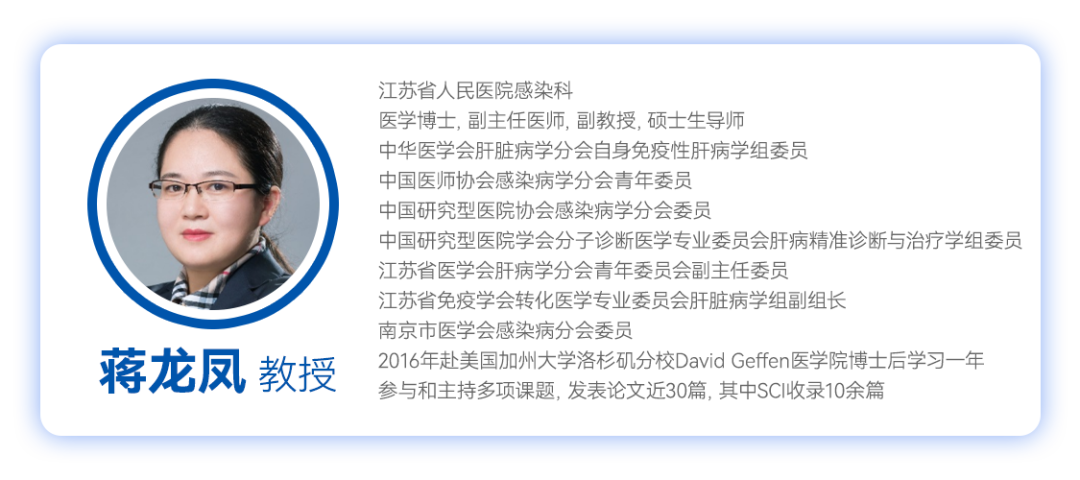
Professor Jiang Longfeng from Jiangsu Provincial People’s Hospital shared “Prevention and early screening of primary liver cancer” at the conference and said, “Early screening and diagnosis is important for all tumors, not only liver cancer, just like the smaller the lesion, the higher the quality of survival of patients. New molecular markers based on ‘liquid biopsy’ detection have shown significant value in early diagnosis and efficacy evaluation of tumors. Liver cancer ‘liquid biopsy’ has also made more progress and may have higher sensitivity and specificity compared to clinically used serological molecular markers such as serum AFP.”
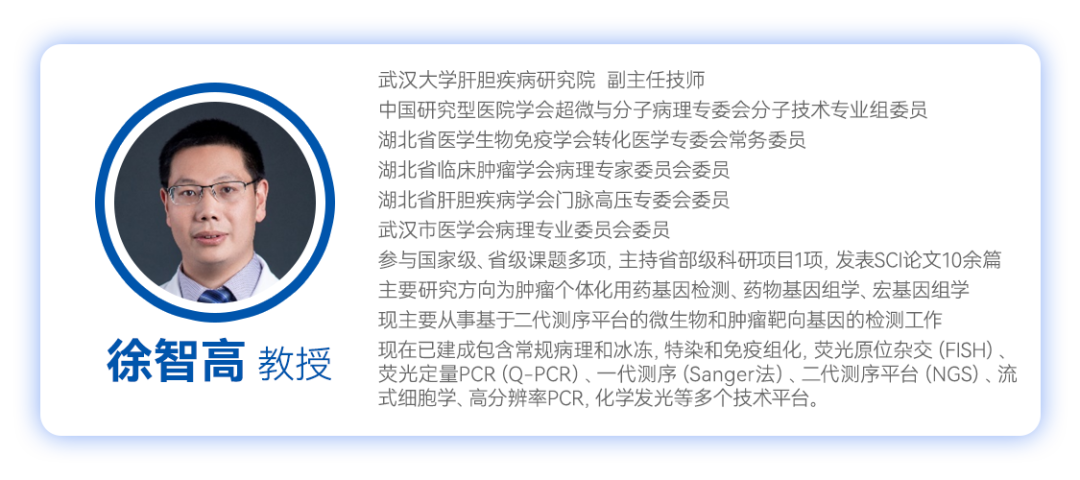
Professor Xu Zhigao from the Institute of Hepatobiliary Diseases of Wuhan University shared “Liquid biopsy methylation technology for liver cancer detection” at the conference and further pointed out that “tumors are monoclonal proliferations. Both epigenetically and genetically, tumor cells have the same genetic variants. Cancer screening technology has existed for more than half a century and has played an important role in screening and detection, and the detection of methylation levels of genes is currently the optimal technical method.”
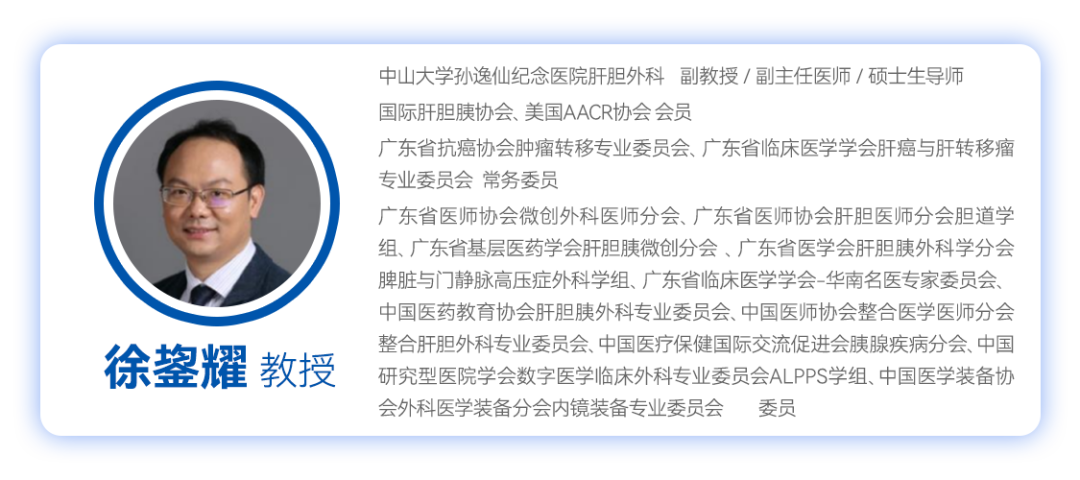
Professor Yun-Yao Xu of Sun Chosensien Memorial Hospital of Sun Yat-sen University noted, “DNA methylation testing in hepatocellular carcinoma complements traditional techniques and has some guidance for treatment decisions. Many studies have demonstrated that cancer-associated driver mutations can be identified in the cfDNA of HCC patients using targeted massively parallel sequencing, and it is hoped that the technology will continue to be refined for early application in practice. ”
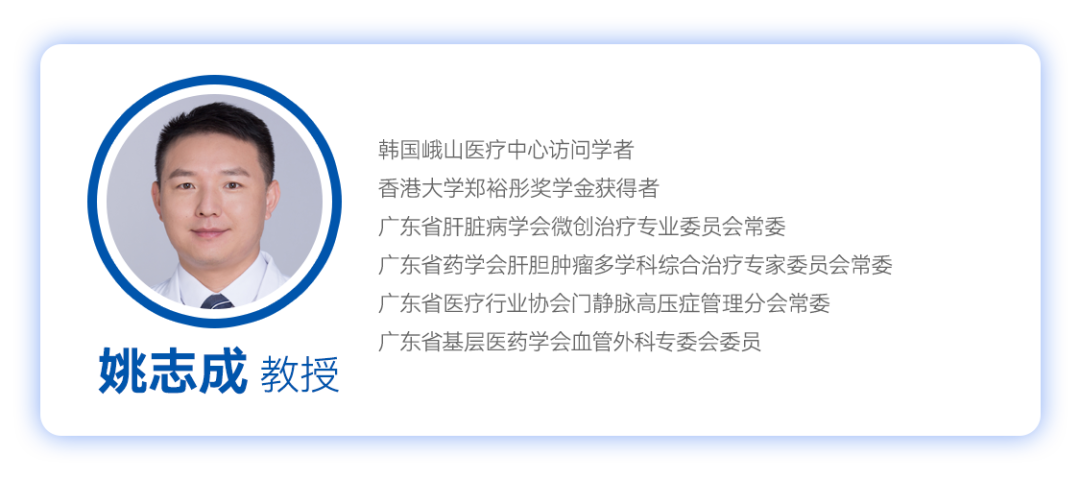
Professor Yao Zhicheng from the Third Affiliated Hospital of Sun Yat-sen University pointed out on the scene that “early screening and early diagnosis of liver cancer is of great significance for the treatment of liver cancer. According to the strategy of Health China 2030, it is hoped that the survival rate of cancer patients can be increased to 15%. Currently, the fundamental solution to this problem is early screening and early diagnosis of liver cancer. Currently, the screening of high-risk groups of liver cancer in clinical practice still relies on traditional techniques, but for lesions below 2 cm, traditional early screening techniques have shortcomings, therefore, liquid biopsy of liver cancer is the current frontier of technology. ”
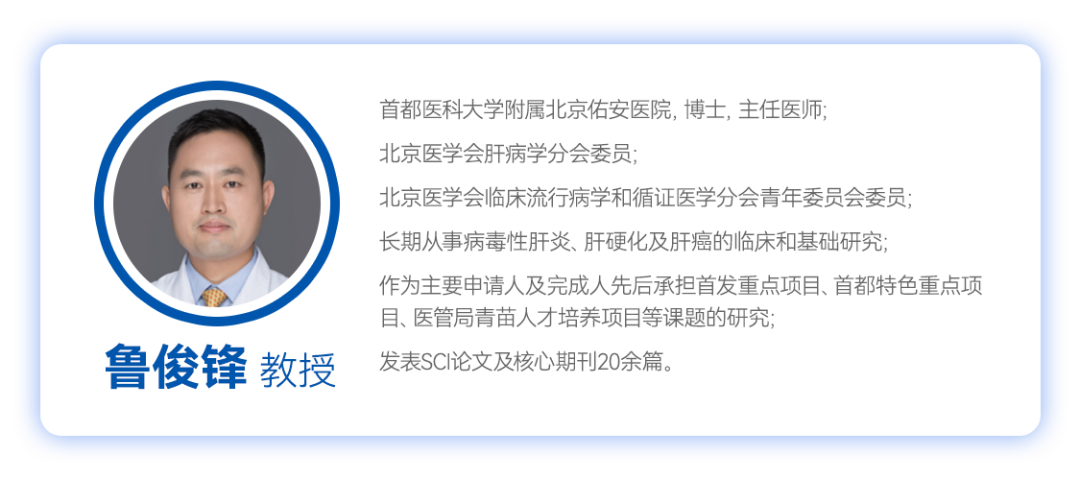
Professor Lu Junfeng of Beijing Youan Hospital, affiliated with Capital Medical University, said, “The morbidity and mortality of liver cancer is still a relatively large disease burden, and new techniques and means of liver cancer screening have been continuously explored in the past few years, which also bring some reference value to the follow-up and guidance of our clinical patients.”
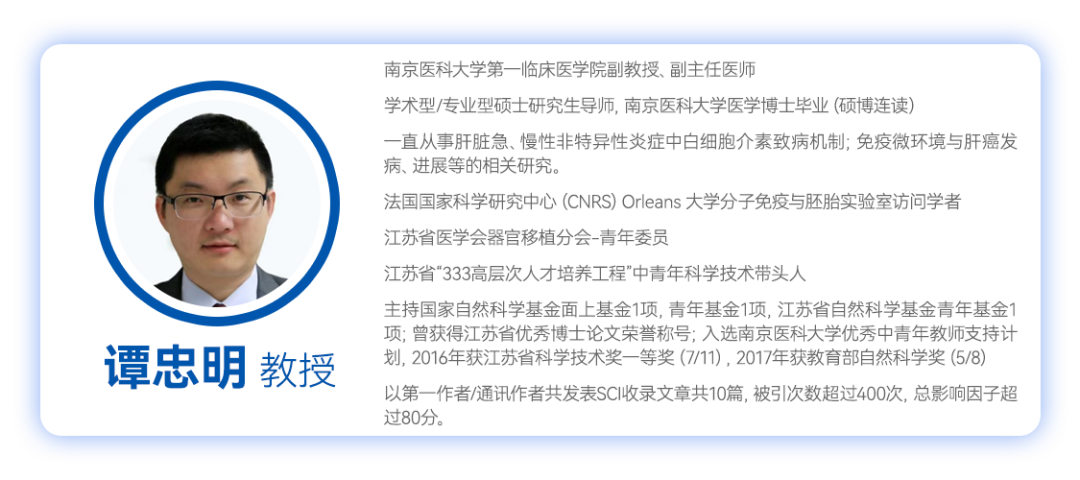
Professor Tan Zhongming of the First Clinical School of Nanjing Medical University said, ” Traditional cancer screening methods have shortcomings such as radioactive damage, lag, specificity and low sensitivity. Liquid biopsy is able to confirm liver cancer at an early stage, and also allows for a ready follow-up of patients’ treatment, which is of great help to our clinic.”
The chairman of the conference, Prof. Miao Xiongying from Xiangya Second Hospital of Central South University, concluded the conference by saying, “The 5-year survival rate of liver cancer is up to more than 80% if it can be detected at very early stage, so the prospect of molecular diagnosis such as liquid biopsy in clinical application is broad, which is the consensus of everyone. We hope that we will conduct some academic exchanges frequently and work together to arouse public awareness of cancer prevention and early screening, and empower more and more people with technology.”
LAMH is the first one in China to carry out clinical research on the application of cfDNA methylation for early detection of liver cancer, and the article published in theature materials has been cited in many literature and industry consensus, and has become the representative of the liquid biopsy cfDNA methylation field in the direction of early screening and early detection and review monitoring of liver cancer.
In the future, LAMH will give full play to its technical advantages to promote the development of liver cancer prevention and control in China based on relevant


